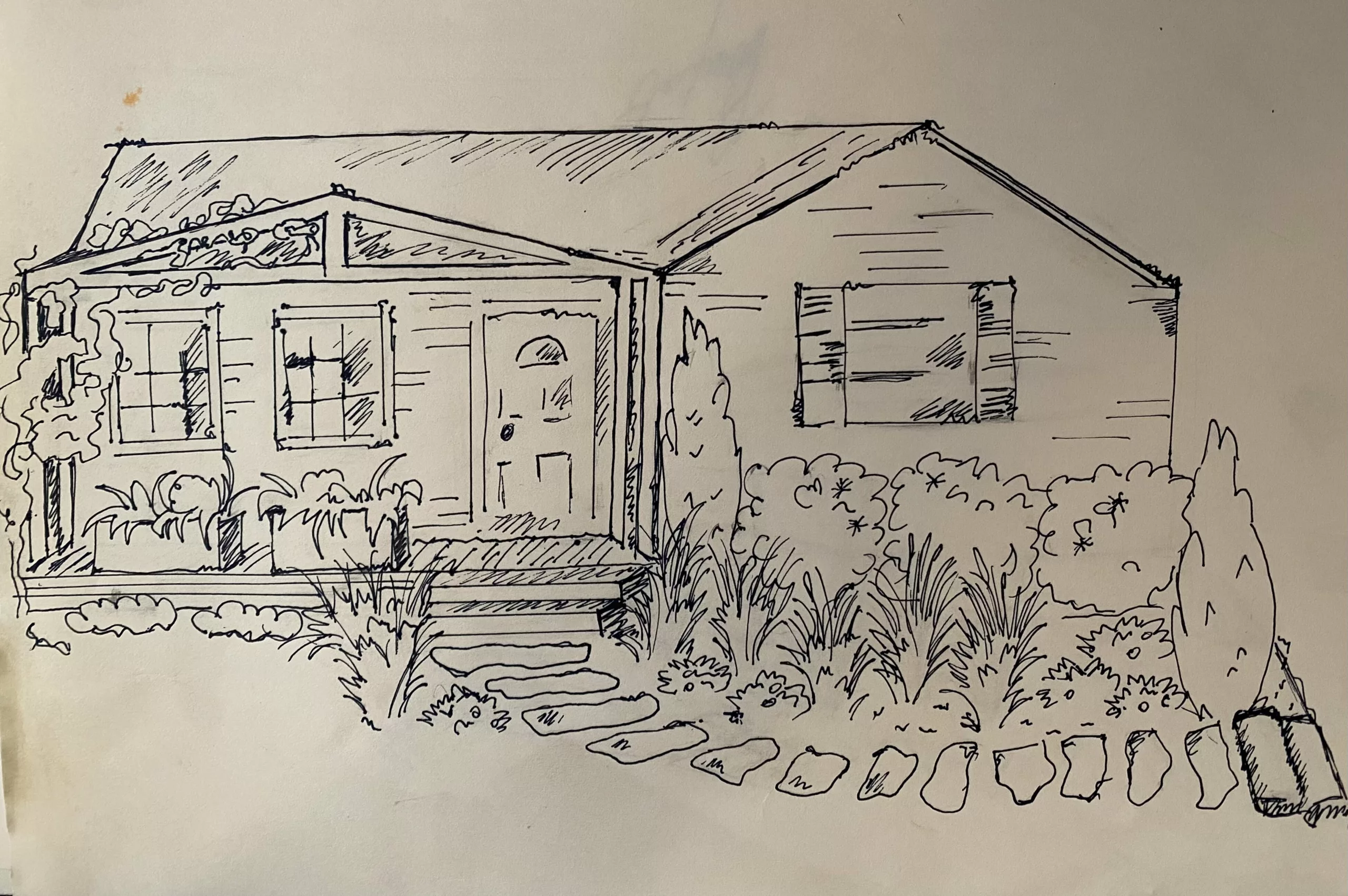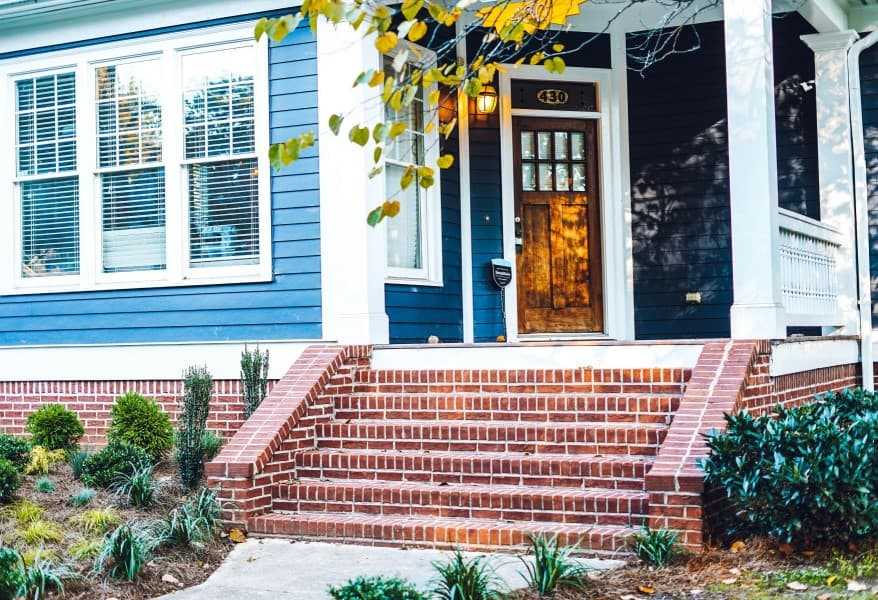These days, you may look up the word “garden” and pictures of plants laid in concrete gardens will often pop up. These solid surfaces may create a better picture for the eye. However, they can affect your garden more than you expect. See these tips below to start reducing impermeable surfaces on your property.
What is an impermeable surface?
These surfaces include anything water-resistant like concrete, brick, and even highly compact soil. They can cause lasting effects on bodies of water and soil both above and underground. Having concrete around your home can cause soil surface water runoff. Which both affect our drinking supply and nearby bodies of water like lakes and streams. If you spill some gasoline, or maybe even a fertilizer near a water-resistant surface, all those contents left on this surface will be washed away to the nearest body of water when it rains.
Aquifers, the unsung heroes of the underground
Beyond the surface are the groundwater aquifers that are ever so precious to our existence. They provide water not only for drinking, but also for rivers and streams. They are naturally recharged by rain. However, if hard surfaces are redirecting all the rainfall, these helpers will be recharged at very low rates. This can be really detrimental during the summertime when they already exhibit lower water levels. It will become harder for people who depend on well water to obtain it. This can also eventually create sinkholes.
The benefits of reducing impermeable surfaces
On the bright side, introducing gardens and spaces with fewer of these surfaces can have more positive effects. Reducing concrete and other similar materials can help with compacted soil. It also helps with soil erosion, runoff, and even your water bill! Less rock hard surfaces mean far better water retention and infiltration, which are both great for your plants. You will not have to worry about over watering because the soil itself will take care of it for you!







